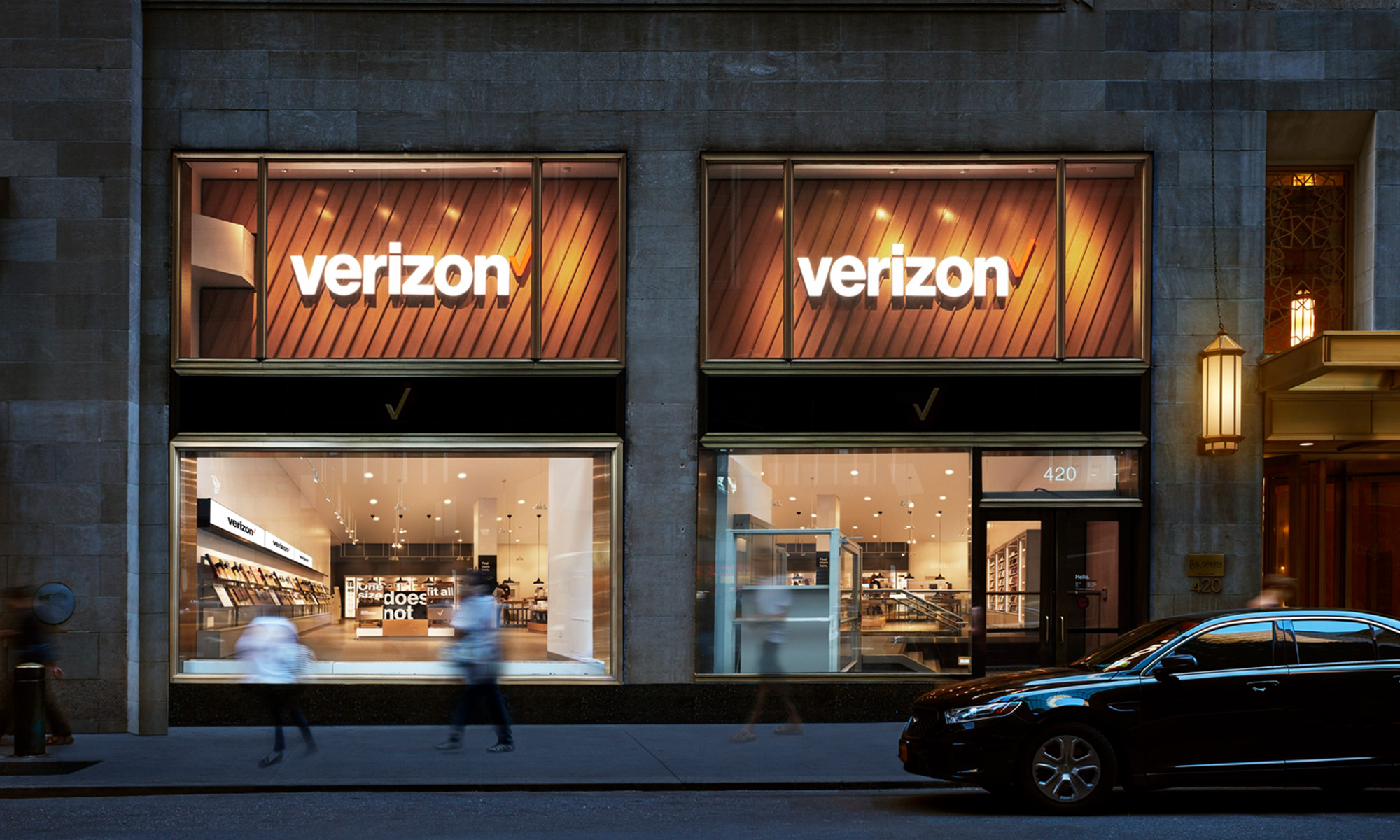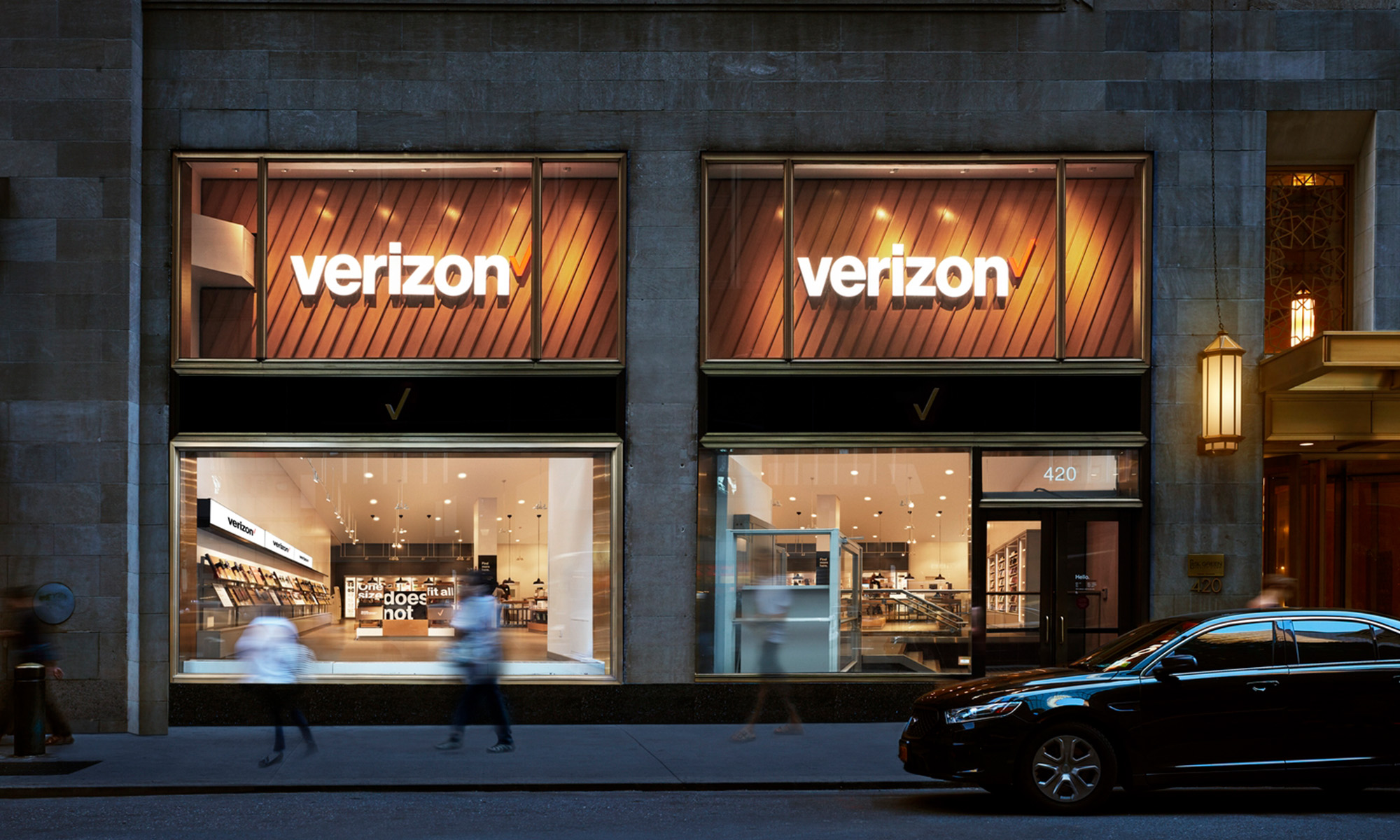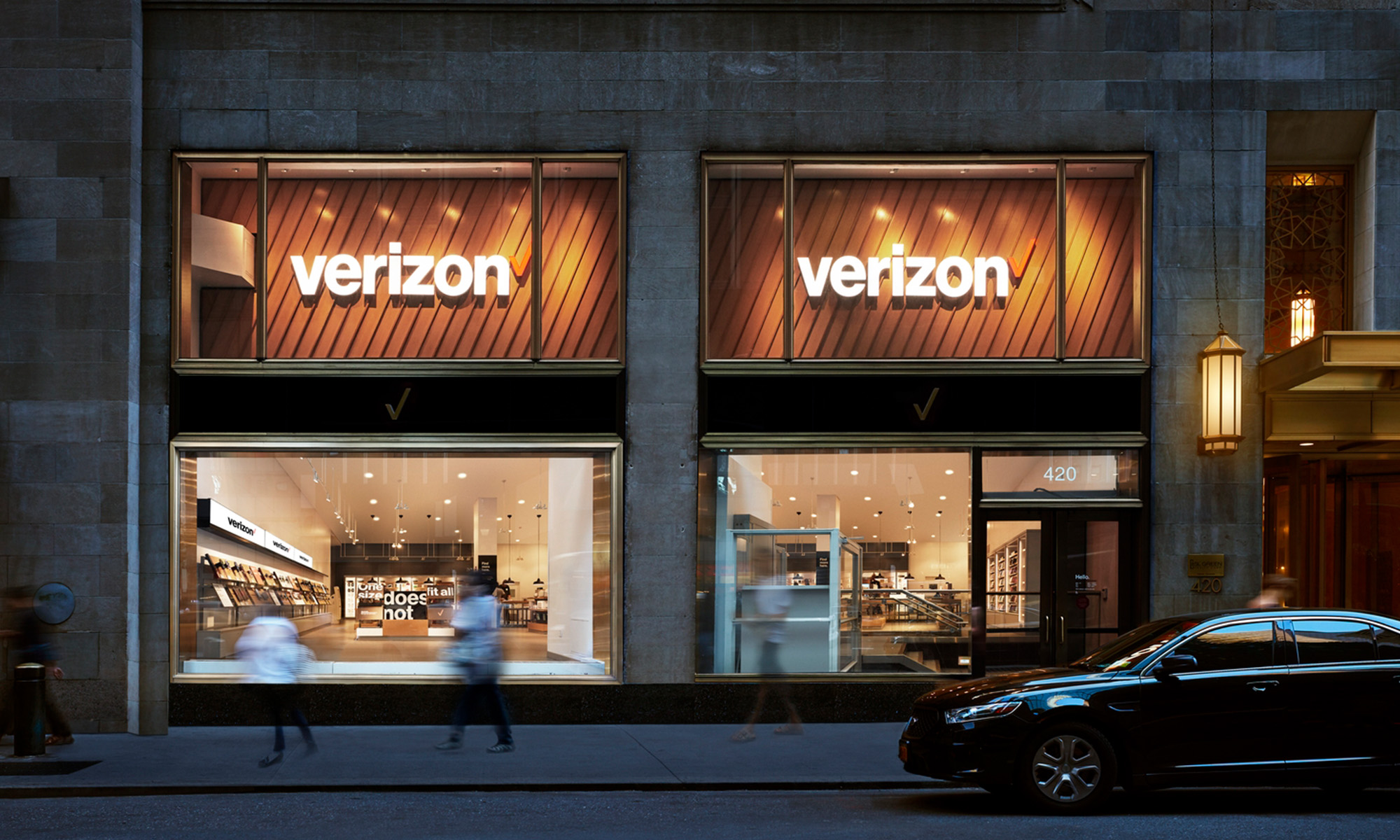Verizon (VZ +0.20%) and Disney (DIS 7.20%) just announced a partnership that would give Verizon's new home internet subscribers and new and existing unlimited wireless data subscribers a free year of Disney+. Customers will have the option to continue subscribing for $6.99 per month after the free year, the standard Disney+ rate.
The Disney+ promotion is great for Disney. It'll launch with a sizable built-in subscriber base thanks to Verizon. That's on top of the millions already planning to sign up. Verizon ended the second quarter with 33.9 million wireless postpaid accounts (not all of them on unlimited data plans).
For Verizon, Disney+ gives it a point of differentiation as the consumer discretionary giant competes against T-Mobile (TMUS 1.18%), which has a partnership with Netflix, and AT&T (T +0.34%), which offers unlimited wireless data subscribers several streaming options and will launch HBO Max next spring.

Kevin Mayer, chairman of Disney's direct-to-consumer business. Image source: Disney.
Hitching its wagon
Over the last couple of years, wireless carriers have started bundling streaming subscriptions with certain data plans. T-Mobile was the first mover on the strategy, and it won the crown jewel of streaming video, Netflix. Since Netflix already had over 50 million domestic subscribers, bundling the service with T-Mobile's unlimited plan presented real savings for most subscribers.
Disney+ has the potential to quickly climb in popularity to levels comparable with Netflix, and it could present real value to Verizon subscribers. Disney+ has the greatest level of consumer interest among the major streaming services set to launch over the next six months. Verizon hopes to capitalize on that popularity, making its Disney+ distribution deal exclusive. That means AT&T won't be able to include Disney+ in its list of options for its Unlimited &More Premium subscribers.
AT&T's strategy of bundling Watch TV, its $15-per-month skinny bundle of channels focused primarily on WarnerMedia networks, with all of its unlimited data plans is far less appealing. It provides minimal value to most AT&T wireless customers who never expressed any interest in the service in the first place. Unlimited &More Premium, which offers a number of streaming options as a free add-on, doesn't present increased value for most consumers compared to its standard unlimited plan.
The strategy has paid off for T-Mobile. Postpaid phone subscriber churn declined from 1.10% in the second quarter of 2017 to just 0.78% in the second quarter of 2019. Of course, that's not entirely due to the Netflix bundle, but COO Mike Sievert said, "Those that are taking advantage of it do have lower churn," during the company's second-quarter earnings call last year.
While Verizon isn't exactly struggling with subscriber churn -- it posted an industry-leading 0.72% postpaid phone churn rate in the second quarter -- it's still battling to consistently grow postpaid phone connections every quarter. Offering a year of Disney+ as an incentive to stay subscribed or sign up for one of its services could help move its quarters of subscriber losses into the black.
Just a test
It's worth noting Verizon's offer is only good for one year of Disney+. Customers will be on the hook for the subscription after their free year is up. It's similar to Apple's promotion for a free year of Apple TV+ with a new device purchase. But Verizon has much more to lose once a subscriber's promotion ends. Verizon risks seeing elevated churn after the promotion expires.
But if the Disney+ promotion successfully curbs churn and increases gross additions, Verizon could make the offer more permanent. It previously ran a similar trial offering its new unlimited wireless data customers six months of Apple Music. It eventually moved to include Apple Music with select data plans after seeing some success. Disney+ is considerably less expensive than Apple Music, and Verizon could likely strike a deal with Disney to lower the price further.
Considering its average postpaid phone account generated $118.15 per month in the second quarter, somewhere around $70 per year for Disney+ is a good investment to increase the average customer lifespan and gross additions.









